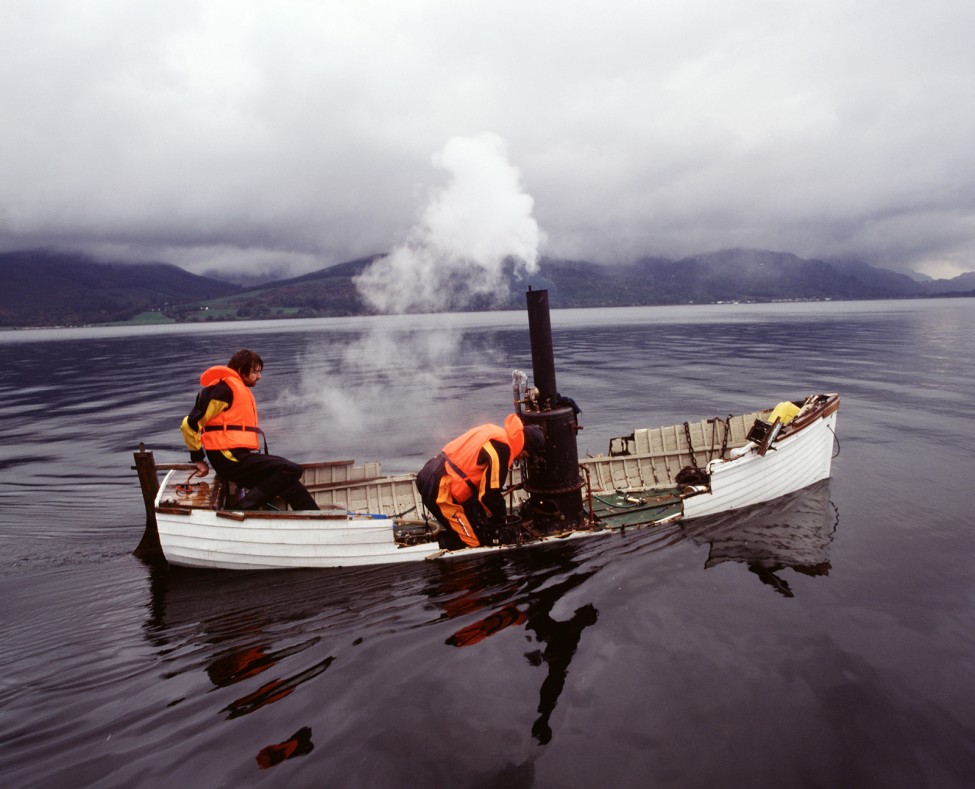Casey Kaplan


SIMON STARLING: METAMORPHOLOGY
Jun 7–Nov 2, 2014
Since emerging from the Glasgow art scene in the early 1990s, Simon Starling (British, b. 1967) has established himself as one of the leading artists of his generation, working in a wide variety of media (film, installation, photography) to interrogate the histories of art and design, scientific discoveries, and global economic and ecological issues, among other subjects. The recipient of the 2005 Turner Prize, Starling has had major exhibitions in kunsthalles and museums throughout the world, and his work can be found in the collections of some of the world’s leading art institutions; yet surprisingly, especially given the exceptional breadth of his practice and volume of his output, he has never been the subject of a survey in a major American museum—until now.
The title of the exhibition, Metamorphology—a collaboration between MCA Chicago and the Arts Club of Chicago—alludes to one of the fundamental principles of Starling’s practice: an almost alchemistic conception of the transformative potential of art, or of transformation as art. Starling’s working method constitutes recycling, in the most literally circular sense of the word: repurposing existing materials for new, artistic aims; retelling existing stories to produce new historical insights; linking, looping, and remaking. The exhibition unfolds roughly along two intertwining paths in which metamorphosis is intrinsic to understanding art.
The first of these trajectories concerns Starling’s interest in art history, particularly the glory years of modernism, which in this instance firmly anchors the exhibition in the local context. Starling based the shape and form of Project for a Masquerade (Hiroshima) (2010), a complex multi-media installation, in part on a quintessential Chicago story concerning the early days of nuclear energy development and the monument designed by Henry Moore commemorating its discovery. The towering figure of Moore, whose work has for so long seemed to embody the very idea of modern art in Starling’s native United Kingdom, likewise recurs in Infestation Piece (Musseled Moore) (2006–08). In Bird in Space (2004), named after a famous sculpture by Constantin Brancusi that was first shown at the Arts Club in the early 1920s, Starling’s unorthodox reinvention of Brancusi’s talismanic modernist masterpiece, re-presented in the work’s original context, links the institutions’ past and present. The second trajectory concerns the broader framework of geopolitical and socioeconomic fault lines within which such art historical narratives are construed, and is articulated in a series of works that demonstrates Starling’s fascination with cycles of production.
The exhibition also features Starling’s recent work in film, which often takes into account the very mechanics of the medium as well as its scientific prehistory. Functioning as 24-frame-per-second treatises in metamorphology, Starling’s ventures into film provide further proof of the artist’s attachment to the poetics of the loop.
This exhibition is organized by Dieter Roelstraete, Manilow Senior Curator, and Karsten Lund, Curatorial Assistant at the Museum of Contemporary Art Chicago. A concurrent exhbition, organized by Janine Mileaf, Executive Director, will be on view June 5–September 20 at the Arts Club of Chicago. To accompany the exhibition, the MCA has also published a fully illustrated catalogue that includes essays by Dieter Roelstraete, Mark Godfrey, Janine Mileaf, and Simon Starling.